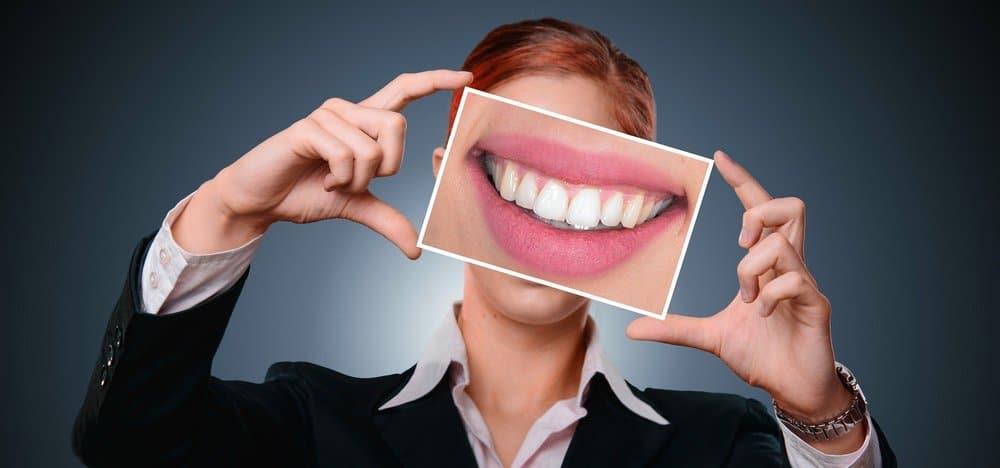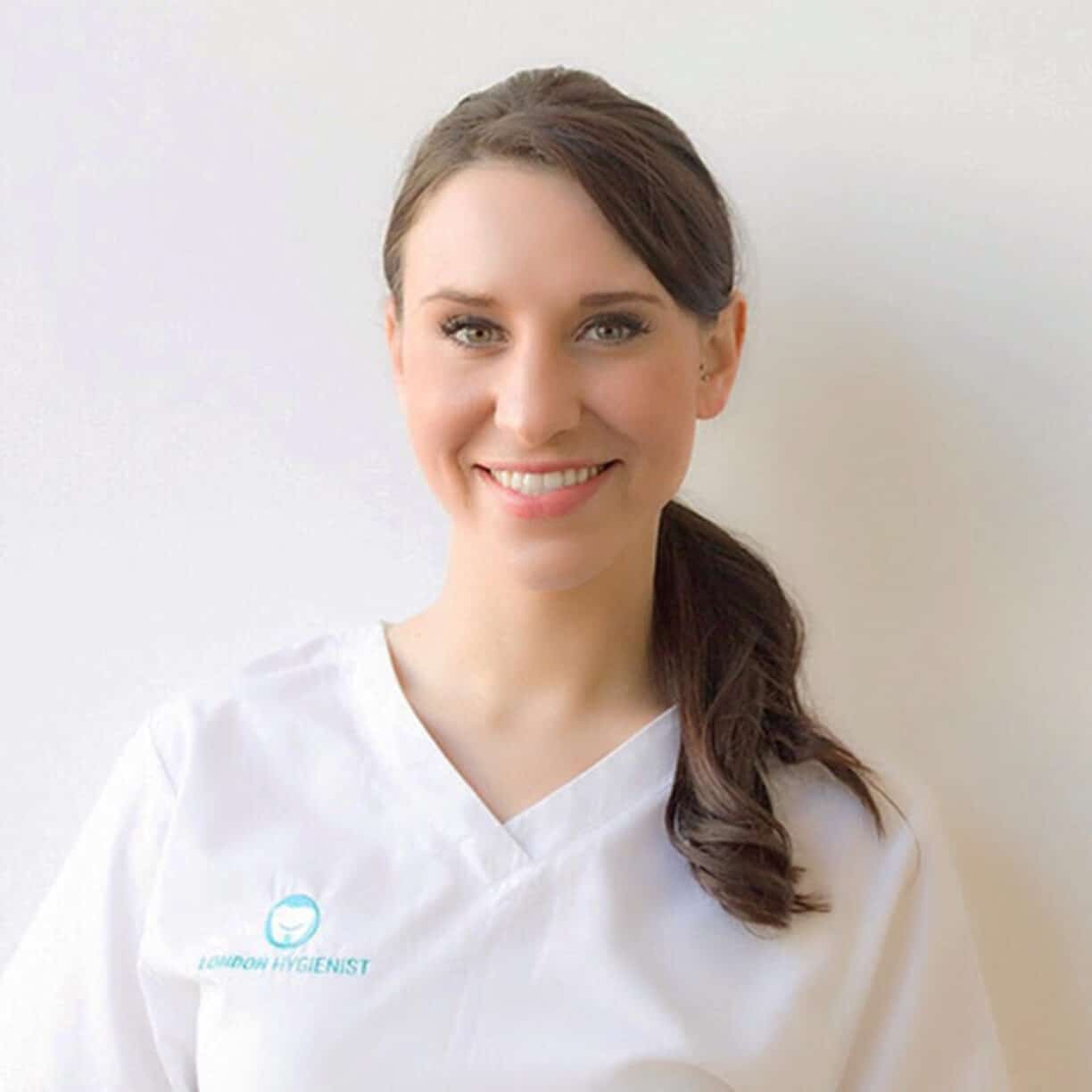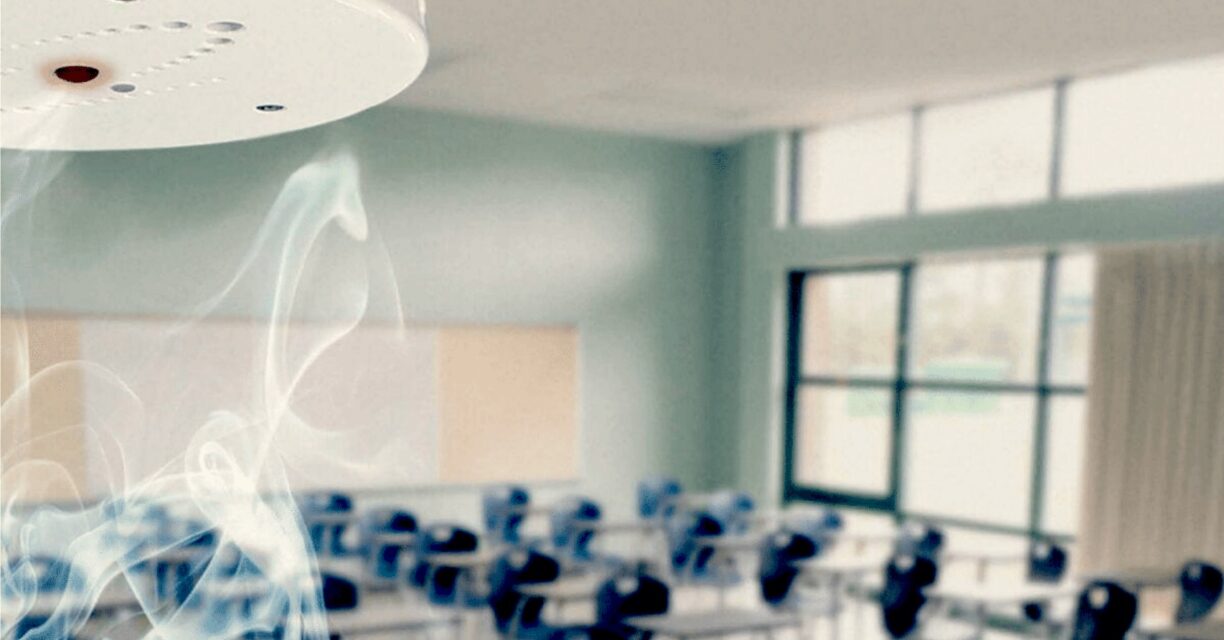Now that Christmas is over and 2020 is here, most people are busy trying to sustain their new year’s resolutions.
The majority will aim to simply improve their physical wellbeing or live a healthier lifestyle, perhaps by losing weight or visiting the gym more.
The one area that is always forgotten is oral hygiene! Many diseases and pathogens enter our bodies through our mouth and eventually make their way to other parts of the body.
Poor oral hygiene can lead to infections of the mouth, thankfully, leading dental hygienist, Anna Middleton, and founder of London Hygienist reveals three oral hygiene resolutions that can be used to help you achieve a better smile in 2020 and for many more years to come.
1. DITCH THE MANUAL TOOTHBRUSH:
If you didn’t get an electric one for Christmas, get one in the sales! Electric toothbrushes are more effective [than manual ones], because they make more brush strokes per minute.
With a manual toothbrush, you can make maybe 400 brush strokes a minute, but with an electric toothbrush; it can be up to 31,000 brush strokes a minute.
The more brush strokes, the better you will be cleaning your teeth. The heads are also designed to make better contact with every tooth.
People who use a manual brush can also tend to over-brush and that can cause permanent damage to the gums.
When using an electric toothbrush, hold it lightly, then put it half on the tooth, half on the gum and let the brush glide and do all the work.
That way, you’re not going to run the risk of damage. Top tip: you should also make sure you replace your brush head every 3 months.
2. MIND THE GAP:
Cleaning between the gaps in our teeth is something the majority of us forget – so this is the perfect resolution to try and stick to.
Cleaning with a toothbrush only cleans 60-65% of the tooth’s surface and to prevent tooth decay and gum disease (which can occur when food and plaque are left lodged between the teeth), you need to get in-between the teeth.
If your teeth are very tight together, then flossing is the best way to clean these gaps. However, if you have space between your teeth you should use interdental brushes.
If you’re unsure of what size to use, you should speak to your hygienist. Commit to it once a day, preferably at night and before brushing is recommended.
Top tip: Can’t floss, won’t floss? You could always try the Philips Airfloss Pro, which is clinically proven to reduce bleeding gums.
3. DON’T BE A STRANGER:
Adhering to your oral health on your own is imperative, but heading to the dentist is too. It’s recommended that you visit the dentist once a year and your dental hygienist at least two times a year to receive a professional cleaning – that’s 3 days out of 365 – you can do this!
Regular check-ups mean there’s a medical record of any changes to your oral health.
You can be screened for gum disease and dental decay – and both are totally preventable – as well as being screened for oral cancer, which is more common than you think (8300 new cases were diagnosed last year).
Incorporating visits to your local clinic, as part of your oral hygiene routine, is pivotal to maintaining a healthy mouth.






